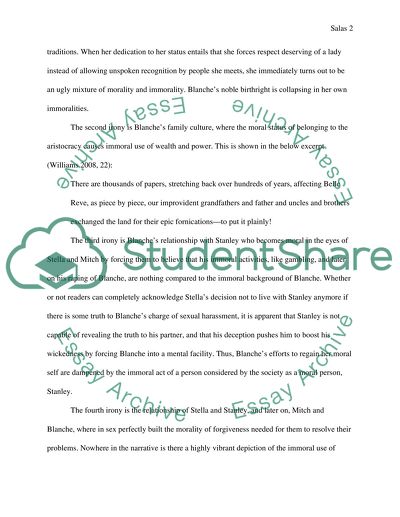Cite this document
(“Morality and Immorality Essay Example | Topics and Well Written Essays - 1250 words”, n.d.)
Retrieved from https://studentshare.org/literature/1430665-morality-and-immorality
Retrieved from https://studentshare.org/literature/1430665-morality-and-immorality
(Morality and Immorality Essay Example | Topics and Well Written Essays - 1250 Words)
https://studentshare.org/literature/1430665-morality-and-immorality.
https://studentshare.org/literature/1430665-morality-and-immorality.
“Morality and Immorality Essay Example | Topics and Well Written Essays - 1250 Words”, n.d. https://studentshare.org/literature/1430665-morality-and-immorality.


